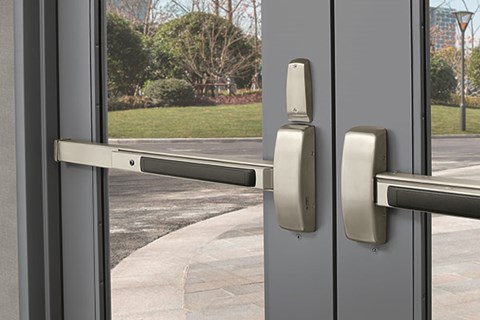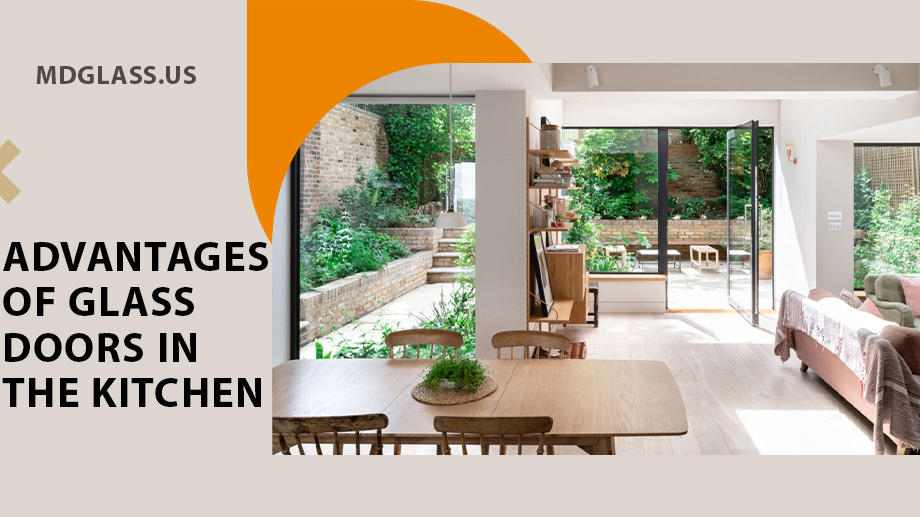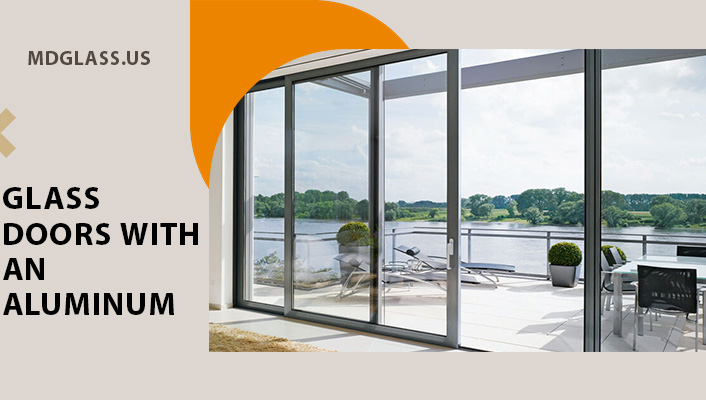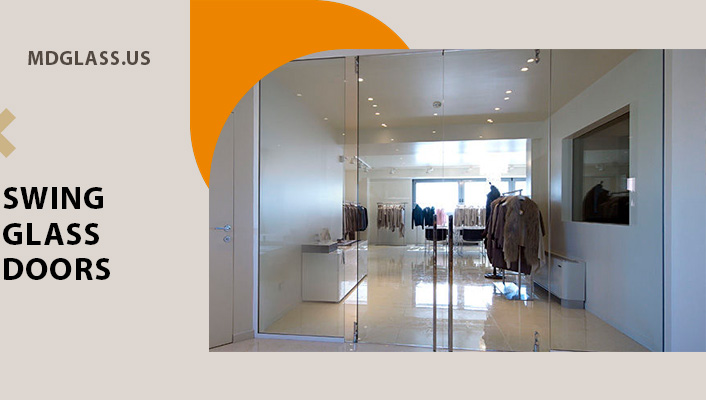The protection of people who are in buildings not only plays an important role in the event of a fire but also in all other possible panic situations. Escape doors ensure that passage in the direction of escape is possible at any time, even if the door is locked. The escape doors always open outwards. In special cases, an inward-opening escape door function can be permitted.
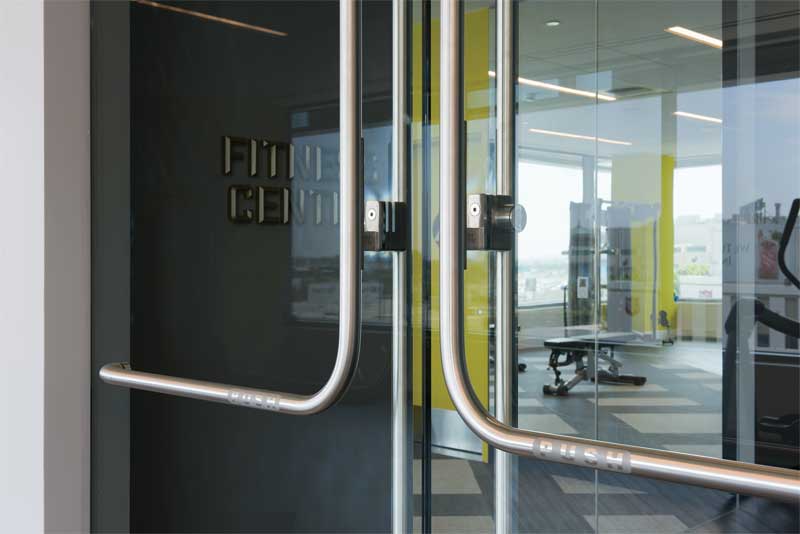
The equipment of escape doors is determined by the applicable standards, which differentiate between two types of escape doors:
Doors with emergency exit lock
Doors with panic lock
Emergency exit and panic doors locks
These are intended for buildings that are not subject to public traffic and whose visitors are familiar with the function of escape doors (e.g., employees of a company).
Application examples:
private residential complexes
Classrooms in schools
non-public administrations of industrial companies
non-public areas of event buildings, airports, banks, shopping centers, etc.
An emergency exit lock must enable the door to be opened from the inside with a manual actuation within a second: by swiveling the lever handle downwards in the escape direction.

PANIC LOCKS
These are used in buildings that are open to the public, where visitors do not know the functions of escape doors and have to operate them in an emergency without being instructed.
Application examples:
Hospitals
Escape routes in schools
public administrations
public areas of event buildings (such as cinemas, theaters), airports, shopping centers, etc.
Escape door locks determine the application in emergencies in which panic situations can occur, whereby a safe escape through the door is guaranteed with little effort.
Panic locks consist of a lock and fitting. According to the design requirements, a panic lock must be built in such a way that it releases the door immediately when the actuating rod is pressed in the escape direction at any point on the inside of the door.
The operating forces required for this must be such that children or people with disabilities can also operate the bar handle in seconds: by swiveling the handle bar down in the direction of escape.
